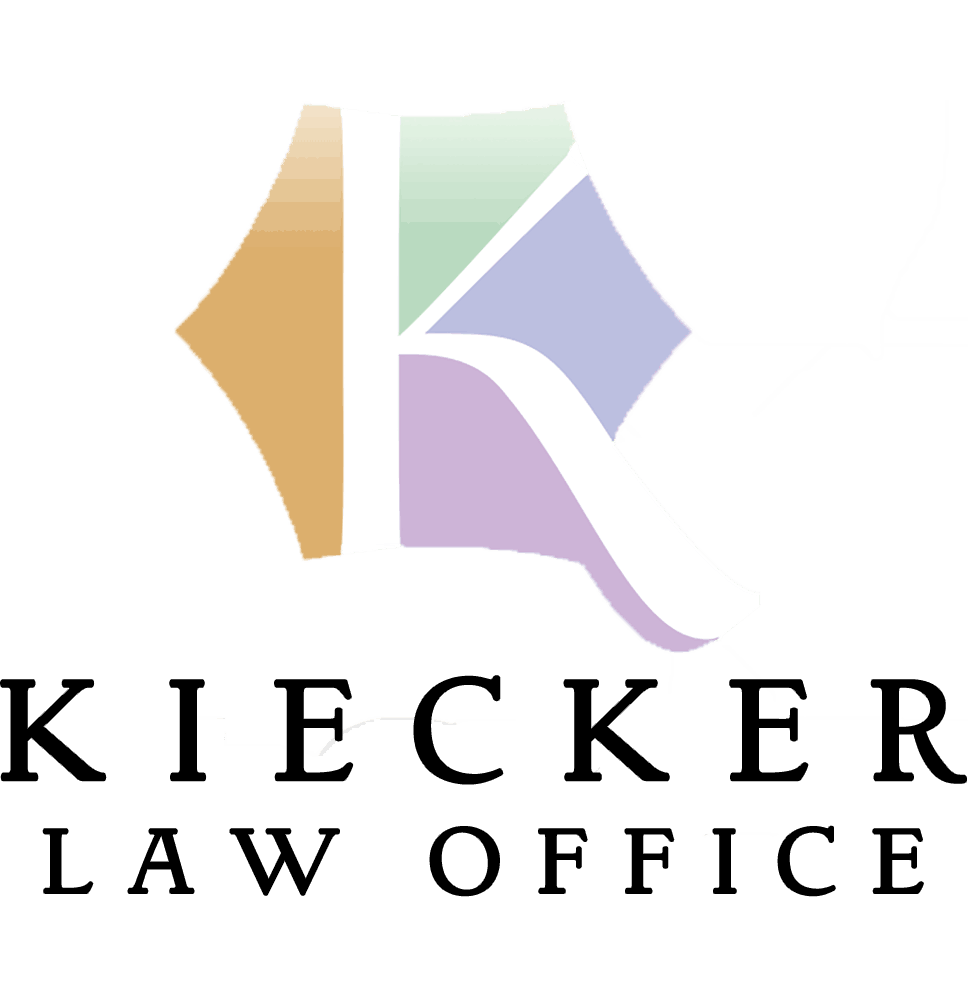What is a Trust?
Estate planning is complicated. There are many different tools, methods and strategies that can be used. And none of them are necessarily wrong. Each tool and method has its place and if they aren’t used correctly can lead to wasting your money or, even worse, may not accomplish the goals you are setting.
One of the best ways to think about the tools and strategies is to think of them like cars. Imagine you own a Chevy Impala. A new Chevy Impala is a VERY NICE car. It gets the job done. It’s a nice vehicle with a lot of features that make you comfortable while you’re driving to your final destination. It can’t, however, be compared with luxury vehicles like BMWs or Mercedes. Luxury vehicles get the job done and they do it in more luxurious ways and usually do the job more efficiently and effectively. The next class includes Lamborghinis or Ferraris. Again, they are just a little bit nicer and do a few more things.
You can think of estate planning in the same way except that with cars we look at preference of vehicle whereas with estate planning strategies we look at what is needed. Wills are a great way to accomplish the goals of most people analogous to the Chevy Impala. Wills make sure your stuff goes to the right people and who takes care of your kids if you die. In estate planning trusts are a good way to accomplish additional goals including keeping your estate private or taking care of a special needs child. Trusts do all of the things that a will does, but adds other benefits. This is analogous to the Mercedes. It’s gets the job done, may do it more efficiently and can make things easier for your heirs. Lastly, we have the Lamborghini like advanced strategies that work along with will and trust. This can include planned giving strategies or family gifting strategies. All of these strategies and tools have their place.
For now we’re going to focus on the Mercedes, or the trust. To be clear, there are many different types of trusts each of which are structured to accomplish a specific goal. There are revocable trusts, special needs trusts, charitable remainder trusts and irrevocable life insurance trusts among others. In the future we will get into specific trusts. Today, we’re just going to learn what a trust is and what it does.
Simply put, a trust is like a box. The trust itself is just a container that you put stuff in. So rather than putting shoes or a phone or food or any other retail item you can name into the box, you place (or title) your assets in the trust (ie the box). A trust is useless if no assets are placed into. Just like a box is just full of air if you don’t put anything in it, a trust is empty if it doesn’t “own” your assets. This all begs the question of why on earth would you want a different entity from yourself to own your house or your bank accounts or any other valuable asset?
Again, there reasons are endless. You could be planning for a seamless transition of your house or business to your son or daughter. You could be attempting to minimize estate taxes. You could be attempting to shelter your assets so that you can more cost effectively pay for a nursing home or assisted living for yourself. You could be caring for your special needs child so that they can receive disability benefits.
Like previously stated, the end goals can vary. Within an estate plan, you still need a will, a power of attorney and a health care directive. A trust is an addition to your estate plan. It takes a bit more work and paper work, but it offers additional benefits. In the next couple of months we’ll dig into some more specific reasons for a trust and specific types of trusts, but understanding what a trust is and how it is structured is the first step in evaluating if you need a trust. You may not NEED the Mercedes, but we want to make sure why you may need one and help you to figure out if you actually do need one.

